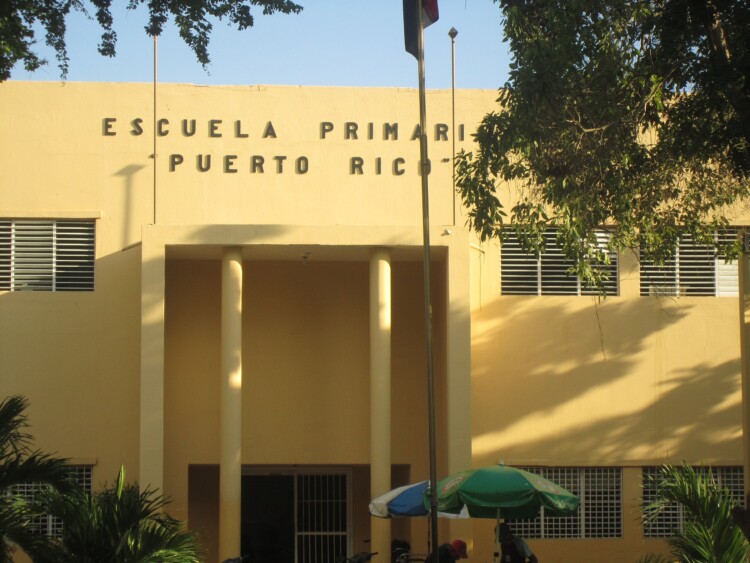The Institutional Challenge Grant requires that universities shift their policies and practices to value research conducted in collaboration with non-profit organizations or public agencies. The program challenges universities to identify and address barriers to the success of partnership-engaged research. This includes the careful scrutiny and redesign of internal policies, practices, or incentives that limit the longevity of partnerships or discourage exceptional researchers from taking part. Envisioning such large-scale changes can be difficult, let alone proposing and implementing them. We’ve developed a number of resources for applicants looking to address this and other goals of the program, namely a collection of annotated proposals from past and current grantees. The following proposals, for instance, illustrate how applicants have successfully proposed plans for institutional change:
Institutional Challenge Grant partners must also pursue a joint research agenda that aims to build, test, or increase understanding of programs, policies, or practices to reduce inequality in the academic, social, behavioral, or economic outcomes of young people ages 5-25 in the United States. Specifically, the research agenda will seek to inform responses to inequality on the basis of race, ethnicity, economic standing, language minority status, or immigrant origins. Not only must the research plan reflect a mastery of relevant theory and empirical findings and be sufficiently well conceptualized and rigorous in methods and analysis, it must also be likely to significantly advance the public agency or nonprofit organization’s efforts to reduce inequality in youth outcomes. How can teams balance all of these considerations? The following proposals demonstrate examples of how applicants have found success:







